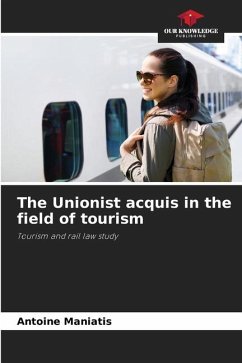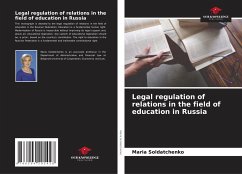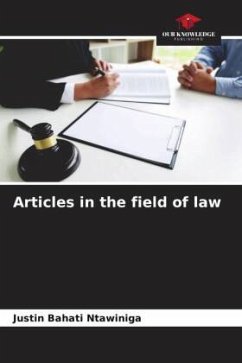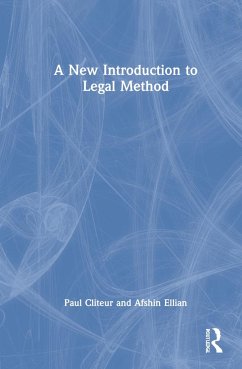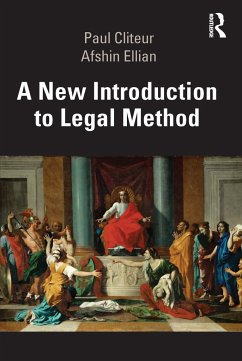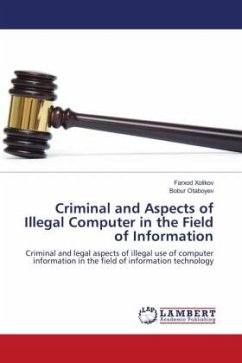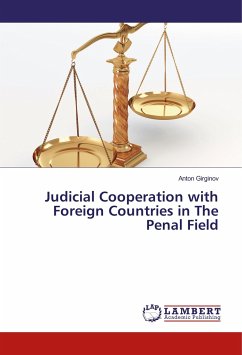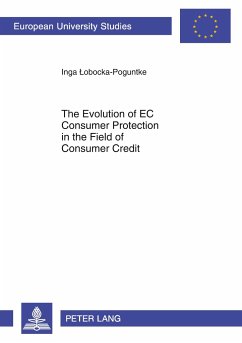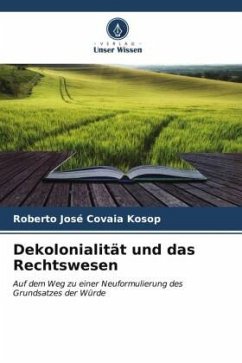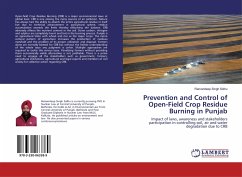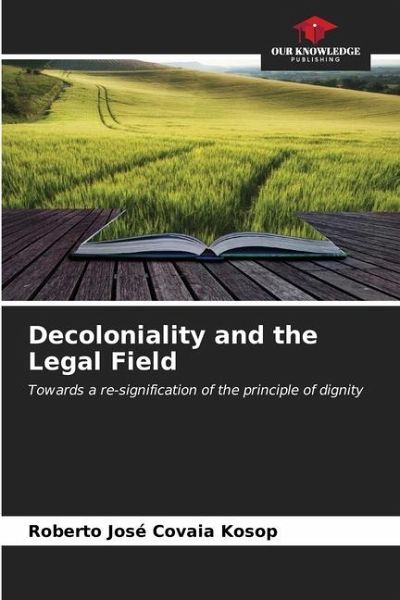
Decoloniality and the Legal Field
Towards a re-signification of the principle of dignity
Versandkostenfrei!
Versandfertig in 6-10 Tagen
47,99 €
inkl. MwSt.

PAYBACK Punkte
24 °P sammeln!
The aim of this book is to present an epistemological construction that extends the principle of the dignity of the human person in order to recognise in the plurality and interculturality of the Latin American social sphere the attention due to the socio-environmental commitment to Life. Therefore, alternative knowledge from a heterogeneous perspective is approaching the legal field. This confrontation takes place from the perspective of decolonial knowledge, proposing a dialogue that contributes to expanding the axiological load for social realisation, especially of dignified life. In this w...
The aim of this book is to present an epistemological construction that extends the principle of the dignity of the human person in order to recognise in the plurality and interculturality of the Latin American social sphere the attention due to the socio-environmental commitment to Life. Therefore, alternative knowledge from a heterogeneous perspective is approaching the legal field. This confrontation takes place from the perspective of decolonial knowledge, proposing a dialogue that contributes to expanding the axiological load for social realisation, especially of dignified life. In this way, local knowledge is praised so that it can point out the limits of the standard of Eurocentric universality reproduced by legal knowledge, especially the anthropocentrism and universality brought about by constitutional hermeneutics and international human rights directed at the Principle of the Dignity of the Human Person. Overcoming the colonial legacies of discourse, the decolonial turn presents instruments that value a hermeneutic method beyond the homogenous reductionism of Eurocentric sources, as well as providing a counter-narrative that breaks with movements of epistemological domination.



